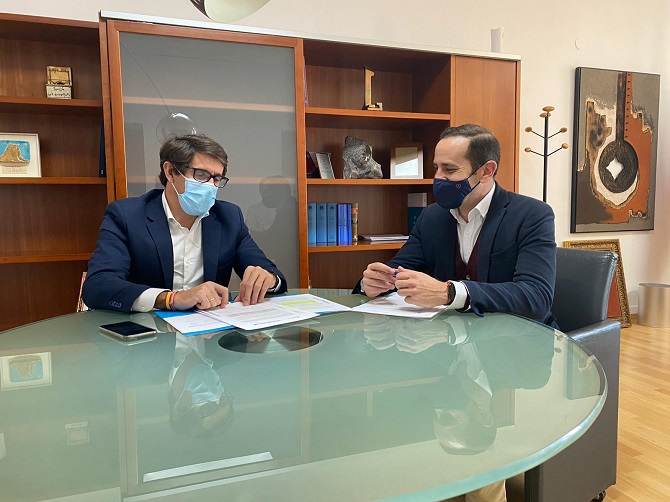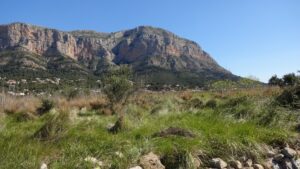Alicante looks at improving care for international residents in the province
One of the main focuses of these meetings will be on residents of British origin and their concerns and needs to legalize their positions before the implementation of Brexit.

Friday 12th March 2021 | Xàbia AL DÍA
Juan de Dios Navarro, the deputy for Cooperation, International Residents and Volunteering in the Alicante Provincial Council, has initiated a round of contacts with the town councils in the province to get the feel of the situation of international residents and make available the services offered by the provincial administration.
The deputy confirmed that one of the main focuses of these meetings will be on residents of British origin and their concerns and needs to legalize their positions before the implementation of Brexit. “We want to reiterate our collaboration to promote the integration of this important group, fundamental for the development of the province, by supporting registration campaigns, training or learning courses in Spanish or Valencian, among many other alternatives” he explained. Likewise, he pointed out that the provincial council has already published a manual on the Brexit process through the Provincial Immigration Observatory whose objective is to analyze and solve those questions generated after the entry into force of this measure.
This year, the provincial administration has increased the subsidies to municipalities and associations for the development of projects, programs and activities such as the implementation of integration plans, the development of care services and advice or the implementation of awareness and equality campaigns by 13%, some 215,000 euros. “For these citizens it is important to know the language and the legal, juridical or employment issues that concern them“.
Navarro held a meeting this week with the mayor of Benissa, Arturo Poquet, which will be followed by others next week in different locations. The deputy highlighted the high number of international residents in this municipality of the Marina Alta, where they exceed 30% of the population, and others such as Daya Vieja or L’Alfàs del Pi, with 62% and 50% foreigners census, respectively.





